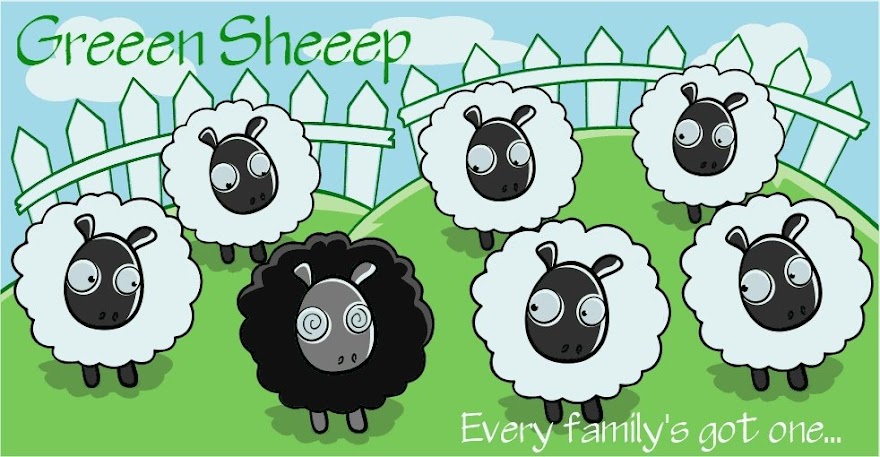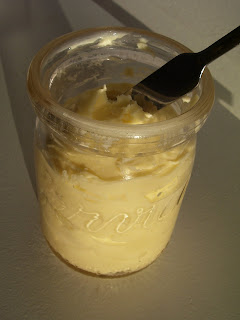Lately I have chickens on the brain. I think they are funny to watch, provide good bug control in the summer, and nothing compares to farm fresh eggs. I had a small flock six or so years ago, but it was the wrong time in my life to do so. I am no longer working three jobs, live just outside of town on half an acre, and am very committed to living a more eco-friendly, simple, sustainable life. Chickens come to mind. Well, chickens and a goat, but I am having a hard time convincing Hubby on that one. Just think of all the gas and time we would save by not having to mow the lawn. Pleeeeaaaase???
Anyway, I am giving serious thought to having backyard chickens again and am reading the book Raising Poultry Successfully. Since this seems to be an area of considerable interest in the green blogosphere I thought I would share my book with all of you. The book covers chickens, ducks, and geese, but for now I am going to focus on the chicken chapters.

Chapter 1
WHY RAISE CHICKENS?
Some people raise rare and fancy chickens as a hobby, sometimes for shows. Others raise certain breeds for their hackle feathers (neck feathers), which they use to make fishing lures.
However, the best reason that I can think of for raising chickens are to provide fresh eggs and delicious meat for you and your family.
Have you ever tasted a really fresh egg? Sometimes, when people experience a happy occasion, they exclaim, "My cup runneth over!" But, when you crack an egg into the frying pan, you do not want it to runneth over. That's an unhappy occasion. A fresh egg does not runneth over the pan. The higher the yolk stands and the more compactly the white stays together, the fresher the egg.
If you have never eaten a fresh egg, that is, an egg served on your plate on the same day it was laid, you are in for a special treat. Once you have tasted a really fresh egg, you can never go back to the supermarket variety, which may have been packaged 30 days before you brought it home.
Not only can chicken be prepared in 101 different ways, but health practitioners are recommending that we eat more chicken and less red meat. The meat from chickens has less fat and fewer calories, and contains more protein of higher quality, than comparable amounts of beef or other red meats.
You don't need a lot of land or space in order to raise chickens. Whether you have several acres or just a big backyard, if you have some kind of outbuilding - a shed, garage, or small barn - and if your local zoning laws don't prohibit it, and if the neighbors don't protest, you can raise chickens to have fresh eggs and tasty meat for your table for a small outlay of cash and a little effort and time.
The care and feeding of chickens is a responsibility. Before deciding to raise chickens, consider the fact that it is a 7 day a week job. As a beginner, you will probably start out with a small flock of chickens, and their care and feeding will take only about 15 minutes of your time, twice a day, every day. This means you can't go away for the weekend and leave them to fend for themselves. Also, in the interest of economy, the killing and dressing-out of meat birds should be done by you or members of your family. If you doubt that you are capable of killing and cleaning the birds, then the raising of meat birds (broiler-fryers) is probably not for you. You could still raise laying chickens for their eggs alone.
Chickens are colorful; their behavior is interesting and amusing. Give your children a chance to help with the daily chores. It will help them develop a sense of responsibility and will give them a hand in useful, productive work. Chickens can make reasonably good pets, although they cannot be housebroken. They will come when called, fly up onto your shoulder, and eat out of your hand. But, and this is very important, do not make a pet of any bird or animal you will ultimately slaughter and eat. Just the thought of eating a pet is repugnant to most people. Treat the birds with kindness and consideration, but don't make pets of them if they are destined to wind up in the freezer.
Speaking of freezers, you will need one with the capacity to hold about 75 pounds of meat, if you begin a broiler raising venture with 25 baby chicks, as I suggest in chapter 3.
A very good reason for raising meat birds is that it can be a short-term project. You can fill that aforementioned freezer with broiler-fryers in just 8 weeks, whereas it takes about 5 months to raise a pig or lamb to good slaughter weight, and up to 1 year to raise a beef calf. And, of course, those animals cost more to start with. You aren't liable to lose your shirt with a small flock of chickens.
However, the idea that you can save money by raising chickens in not a good reason to do it. All things considered, including maintenance of the chicken house, cost of the chicks, the feed, necessary equipment, electricity, and your time and labor, you cannot save money by raising your own flock. You probably can buy eggs and packaged broilers at a supermarket (albeit not as fresh and delicious) cheaper than you can raise them. this is especially true for a small flock. Larger flocks may be more economical.
Economics aside, the main reason for raising you own chickens are quality and satisfaction. Your own eggs will be fresher, and the meat will taste better. Due to a lot of static, mostly from small flock owners, there are fewer drugs in commercial chicken feed than in previous years. This means even higher quality fresh meat - even if you don't grow your own feed.
And, there is a certain satisfaction in gathering your own eggs and barbecuing your own fryers that cannot be gained in any other way. You fed, watered, cared for, and raised these birds. Now you can enjoy the fruits of your labor. You can't buy that kind of satisfaction at the market.





































